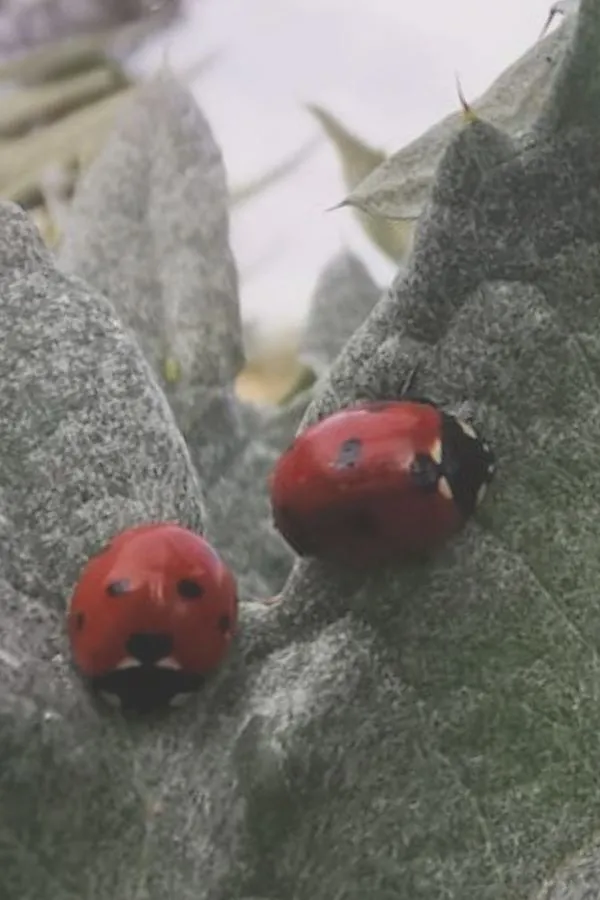Alameda Ecosystem
Woodlands and vineyards, intertwined
Our Ecosystem
Located in the historic village of Santar, Quinta da Alameda is a place where native woodland lives in quiet dialogue with both young and centuries-old vines. Our ecosystem is home to an abundance of indigenous flora and fauna. This environment has been the subject of systematic study and cataloguing by professionals and biologists from higher education institutions.


Here, the lush woodland forms an essential part of a vast agroforestry ecosystem, where biologist and researcher Paulo Barracosa explores species within the framework of sustainability, the vine–forest symbiosis and the preservation of Alameda’s habitats.

The dense forest is a complementary and irreplaceable part of a vast ecosystem.
Indigenous Forest
A thriving forest populated by native species such as oaks, pines and strawberry trees, where biodiversity flourishes and reveals the rhythmic balance of nature.



Cardoon
Well adapted to climate change, the cardoon is a valuable and multifaceted crop. At Alameda, it thrives in a vast plantation dedicated to this unjustly forgotten plant. Here, the cardoons are protected and studied under research agreements with the Polytechnic Institute of Viseu (IPV). Thanks to their remarkable qualities and properties, the natural compounds derived from the cardoon show potential in preventing fungal diseases in the vineyard. The plant is also used in food production, notably in traditional cheeses such as Serra da Estrela. Our cardoon production is 100% organic. Above all, cardoons and other thistles are vital in drawing pollinators and sustaining helpful wildlife.


Vineyard Slopes
The phased clearing of vineyard slopes allows animal species to migrate without fully disrupting their habitat, helping to preserve local wildlife.


Bees
As expected, bees play a decisive role in the entire ecosystem of Alameda. They are essential for enhancing pollination, promoting biodiversity and sustaining the healthy, consistent growth of flora. Their activity is also fundamental to the development of other crops on the estate, such as thistles, olive trees and other fruit trees.


Fresh Water
Quinta da Alameda is rich in natural springs. This is a key attribute in fostering biodiversity, creating diverse habitats for both aquatic and terrestrial organisms.

Alameda Ecosystem
Wines that reflect the unique and distinctive essence of Dão.






